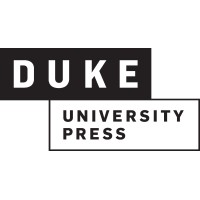
Youth Incorporated
Youth Incorporated is a monthly magazine with a dual focus on education and entertainment encompassing career and lifestyle stories catering to the aspirations of today’s youth. The magazine showcases relevant information and articles on education in India and abroad. With campus reviews, student profiles, professor interviews and a strong focus on careers and entrepreneurship, the magazine aims to empower the youth in today’s competitive world. Interesting entertainment features and articles on fashion, beauty, technology, health & fitness, food, sports and other relevant subjects makes it a one stop shop for the youth. Our goal is to provide well-rounded content for the innovators of today.






